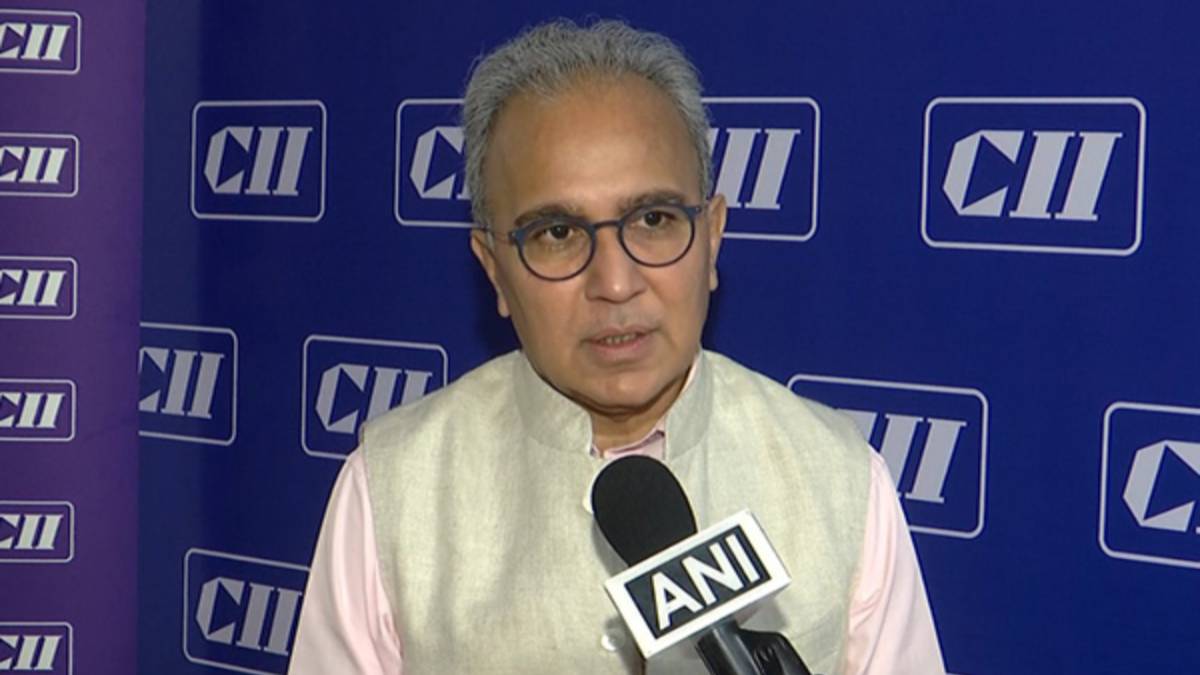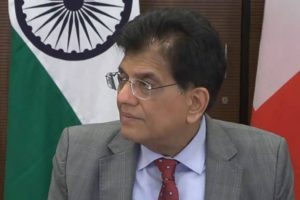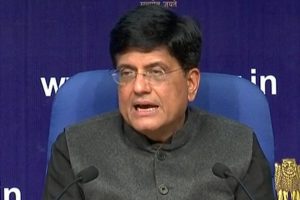Confederation of Indian Industry (CII) President Rajiv Memani has affirmed that Indian industry is well-prepared for any eventuality regarding the proposed Free Trade Agreement (FTA) with the United States, and will not support any deal that undermines India’s national interest.
In an interview with ANI, Memani emphasised that India’s position in trade talks has been shaped by extensive consultations across sectors and company sizes, ensuring that industry concerns, risks, and opportunities are fully accounted for.
“Every industry, every size of industry has been consulted to understand how India should be positioned,” he said, praising the government’s inclusive approach.
Memani made it clear that India would not pursue the trade deal under pressure, stressing that any agreement must benefit both countries.
“India will only sign this deal if it serves both Indian and American interests. There is no compulsion,” he said.
While highlighting that industry welcomes an FTA on favorable terms, especially in areas such as tariff reduction (citing the example of a 26% duty), Memani acknowledged that if such terms are not met, Indian businesses are ready to adapt.
The auto sector, he noted, could face stiff competition from countries like Mexico, which already enjoys near-zero tariffs with the US. Likewise, Vietnam’s garment industry, benefiting from a 20% tariff differential, could erode India’s competitiveness if a deal doesn’t materialise.
“If there is a 25% tariff gap, countries like Mexico will have a major edge,” Memani warned, adding that India risks losing market share in sectors like automobiles and textiles.
Despite these risks, the CII President reiterated industry’s commitment to national interest.
“Industries do not want to work in a way that harms the country. We want to support agreements that benefit India in the long run,” he said.
Memani also pointed out that FTAs are long-term strategies, requiring adjustments and reforms on both sides. He expressed optimism that such agreements could lead to greater investments, including from US companies looking to set up base in India.
“Many American companies may also invest in India to export from here. Indian businesses, too, must improve competitiveness,” he said.
In conclusion, Memani described trade deals as a balancing act, offering both opportunities and challenges, and underlined industry’s support for a thoughtful, strategic approach that puts India’s interests first.





